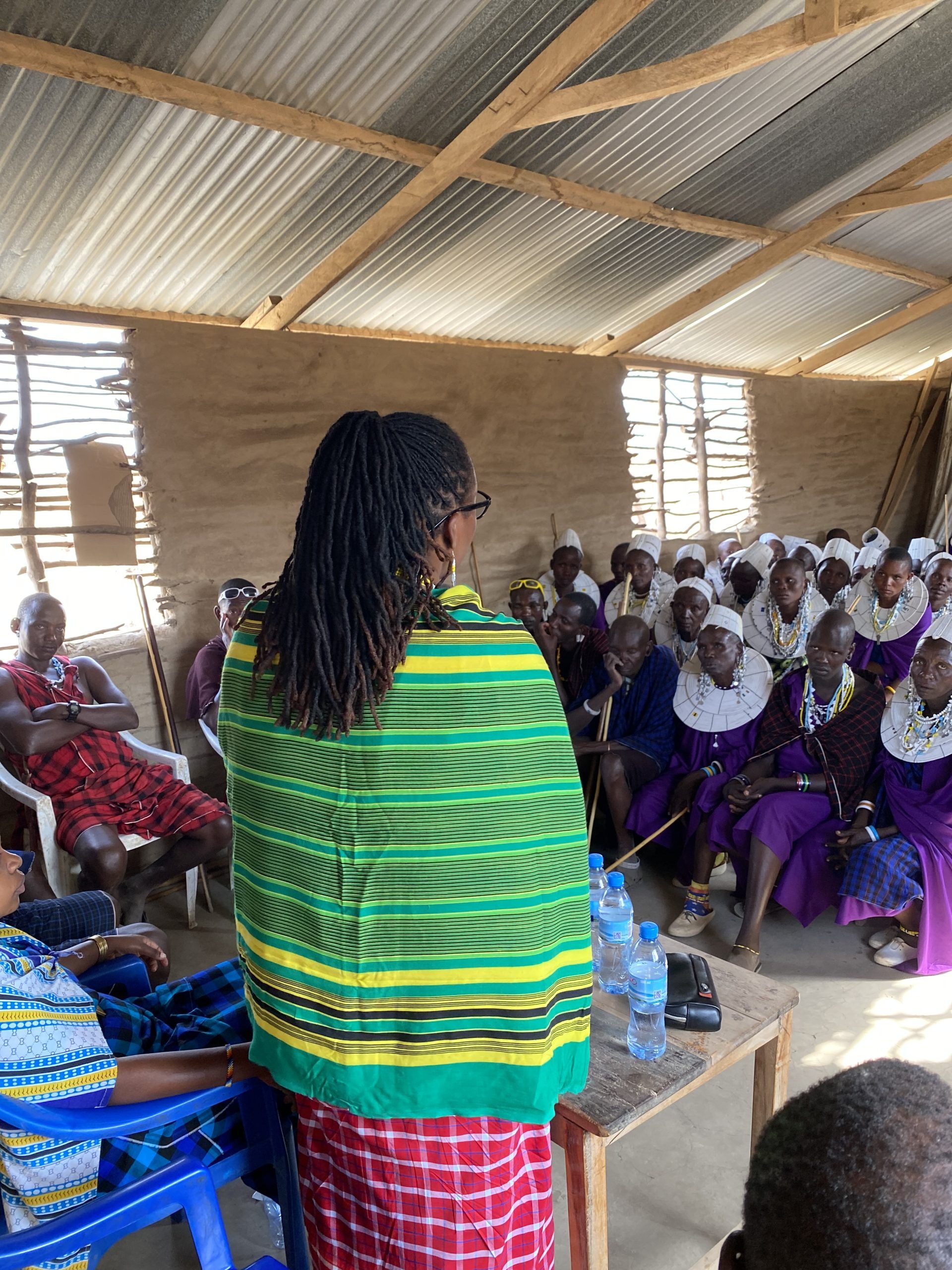
Introduction
The Maasai community, located in Engaruka, Tanzania, is known for its rich cultural heritage and traditional way of life. However, like many indigenous communities around the world, Maasai women face numerous challenges and barriers to economic empowerment. In recent years, efforts have been made to empower Maasai women through business trainings, aiming to unlock their path to success. This article will explore the importance of empowering Maasai women, the impact of business trainings on their lives, and the potential for sustainable development within the community.
Importance of Empowering Maasai Women
Empowering Maasai women is crucial for several reasons. Firstly, it promotes gender equality and women’s rights within the community. Historically, Maasai women have been marginalized and excluded from decision-making processes, limiting their opportunities for personal and economic growth. By empowering them, we can challenge these gender norms and create a more inclusive society.
Secondly, empowering Maasai women has a positive ripple effect on the entire community. Studies have shown that when women are economically empowered, they invest more in their families’ well-being, including education and healthcare. This leads to improved living conditions and better prospects for future generations.
Lastly, empowering Maasai women helps preserve their cultural heritage. The Maasai community has a unique way of life that is deeply rooted in traditions and customs. By providing opportunities for economic empowerment, we can ensure that these traditions are passed down to future generations while also adapting to modern realities.
Impacts of Business trainings to Maasai Women in Engaruka
Business trainings play a vital role in empowering Maasai women by equipping them with the necessary skills and knowledge to start and manage successful businesses. These trainings cover various aspects of entrepreneurship, including financial management, marketing strategies, and business planning.
One of the key benefits of business trainings is that they enhance the women’s self-confidence and self-esteem. Many Maasai women have never had the opportunity to receive formal education or engage in business activities. Through these trainings, they gain the confidence to take risks, make informed decisions, and overcome challenges.
Moreover, business trainings provide Maasai women with practical skills that can be applied in their daily lives. For example, financial management skills enable them to better manage their household finances and make sound investments. Marketing strategies help them promote their products and reach a wider customer base, increasing their income-generating potential.
The impact of business trainings goes beyond individual empowerment. As more Maasai women become successful entrepreneurs, they serve as role models for other community members, inspiring them to pursue their own entrepreneurial endeavors. This creates a positive cycle of empowerment and economic growth within the community.
Furthermore, empowering Maasai women can lead to increased social cohesion within the community. As women gain economic independence and decision-making power, they become active participants in community development projects. This collaboration strengthens social bonds and fosters a sense of collective responsibility towards achieving common goals.
Conclusion
Empowering Maasai women through business trainings is a powerful tool for unlocking their path to success. By challenging gender norms, promoting economic independence, and preserving cultural heritage, we can create a more inclusive and sustainable society. The impact of these trainings goes beyond individual empowerment, benefiting the entire community and future generations. It is crucial to continue supporting and expanding such initiatives to ensure long-term positive change in Engaruka.
Video below shows various activities conducted to empower Maasai women through business trainings